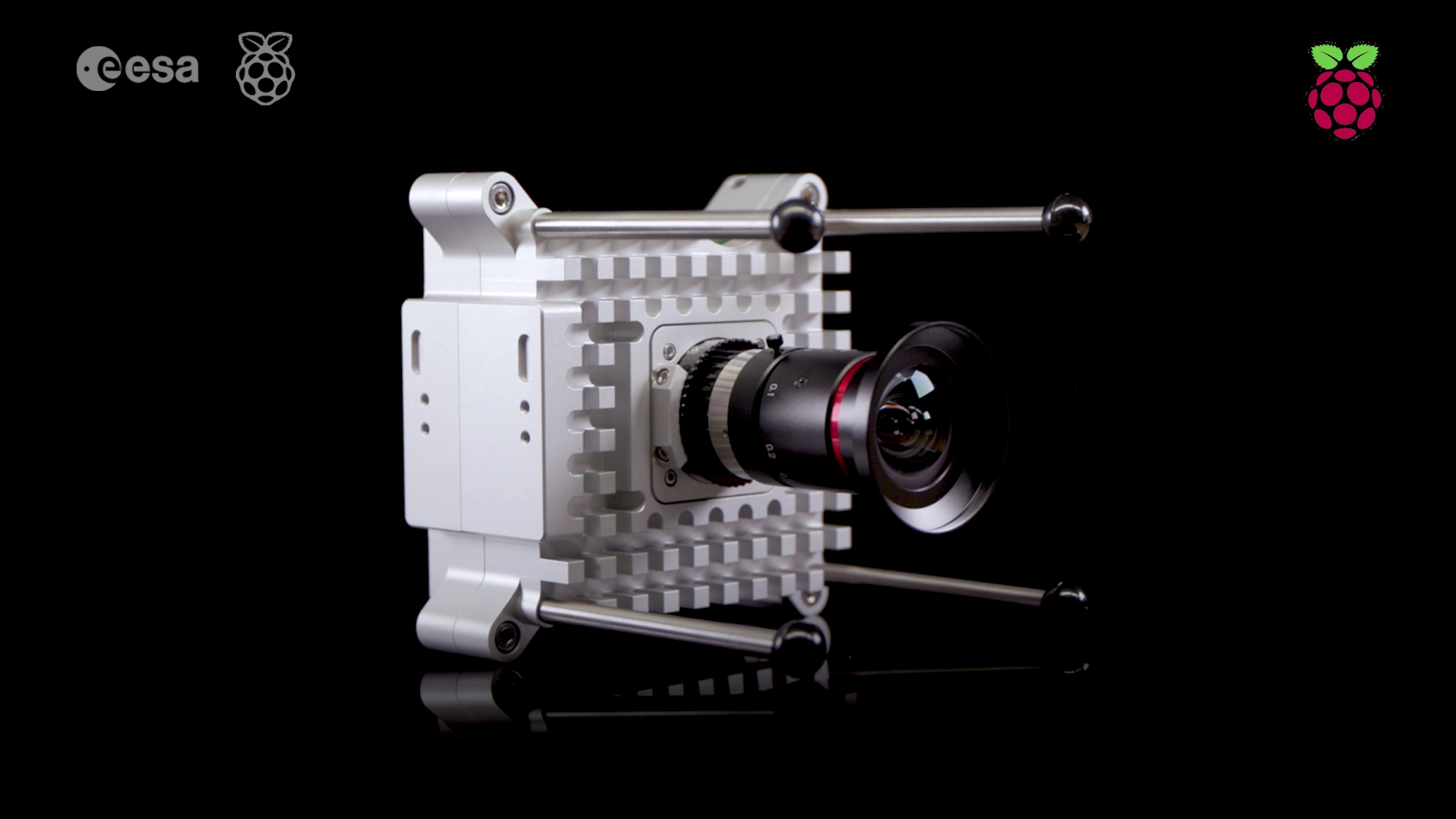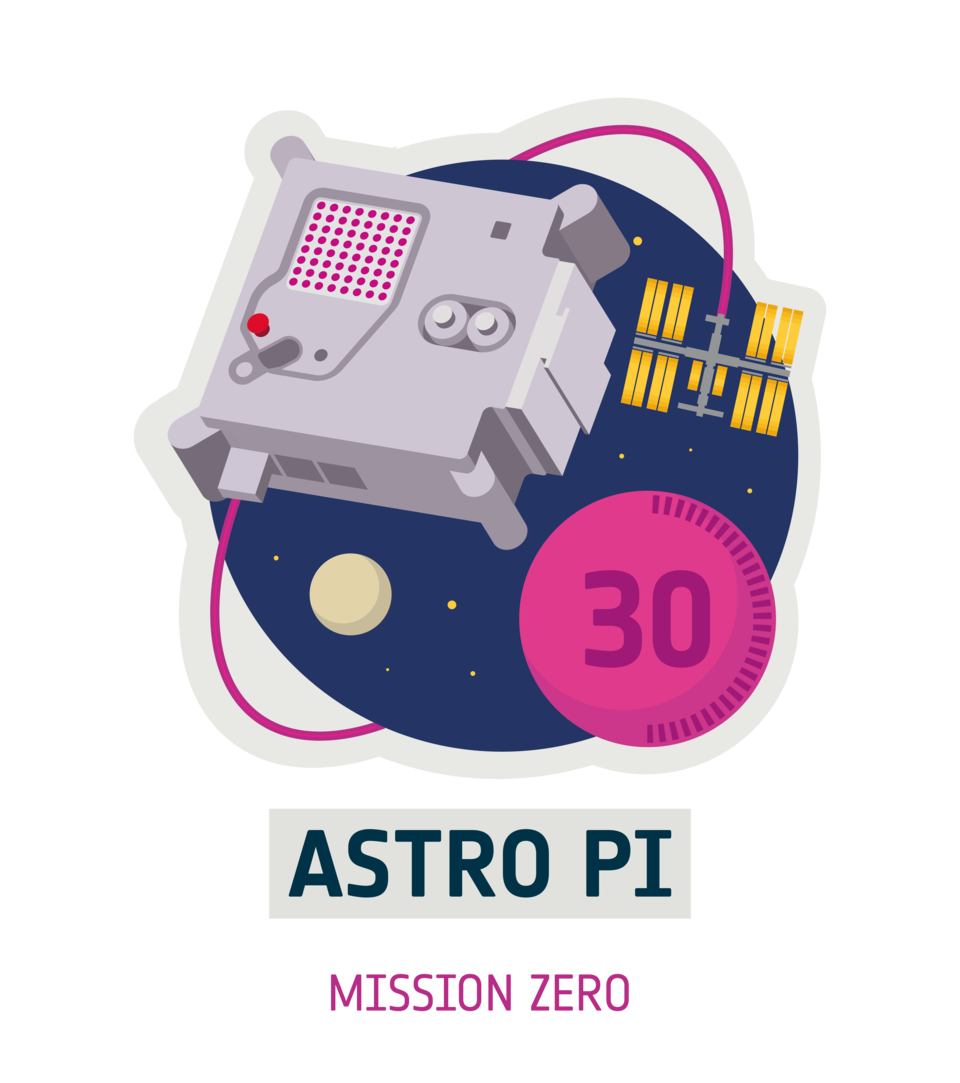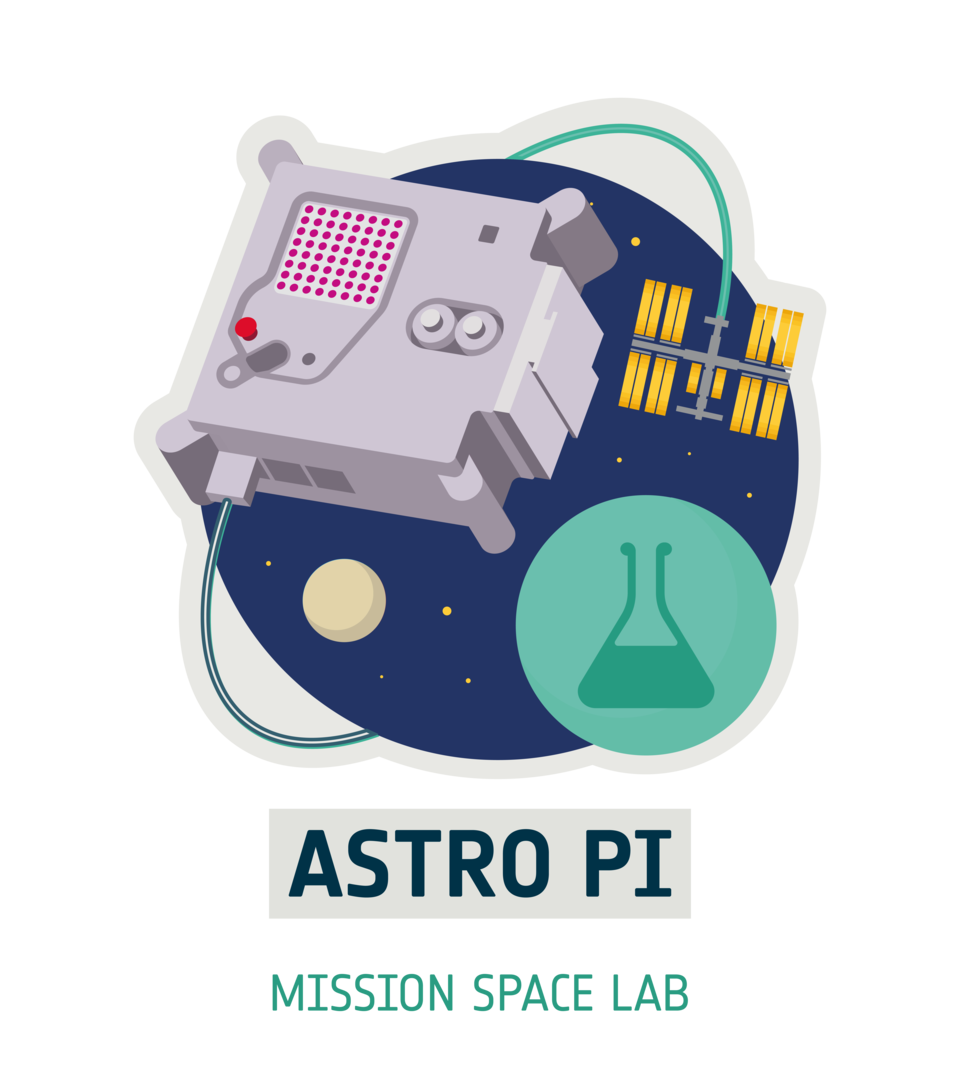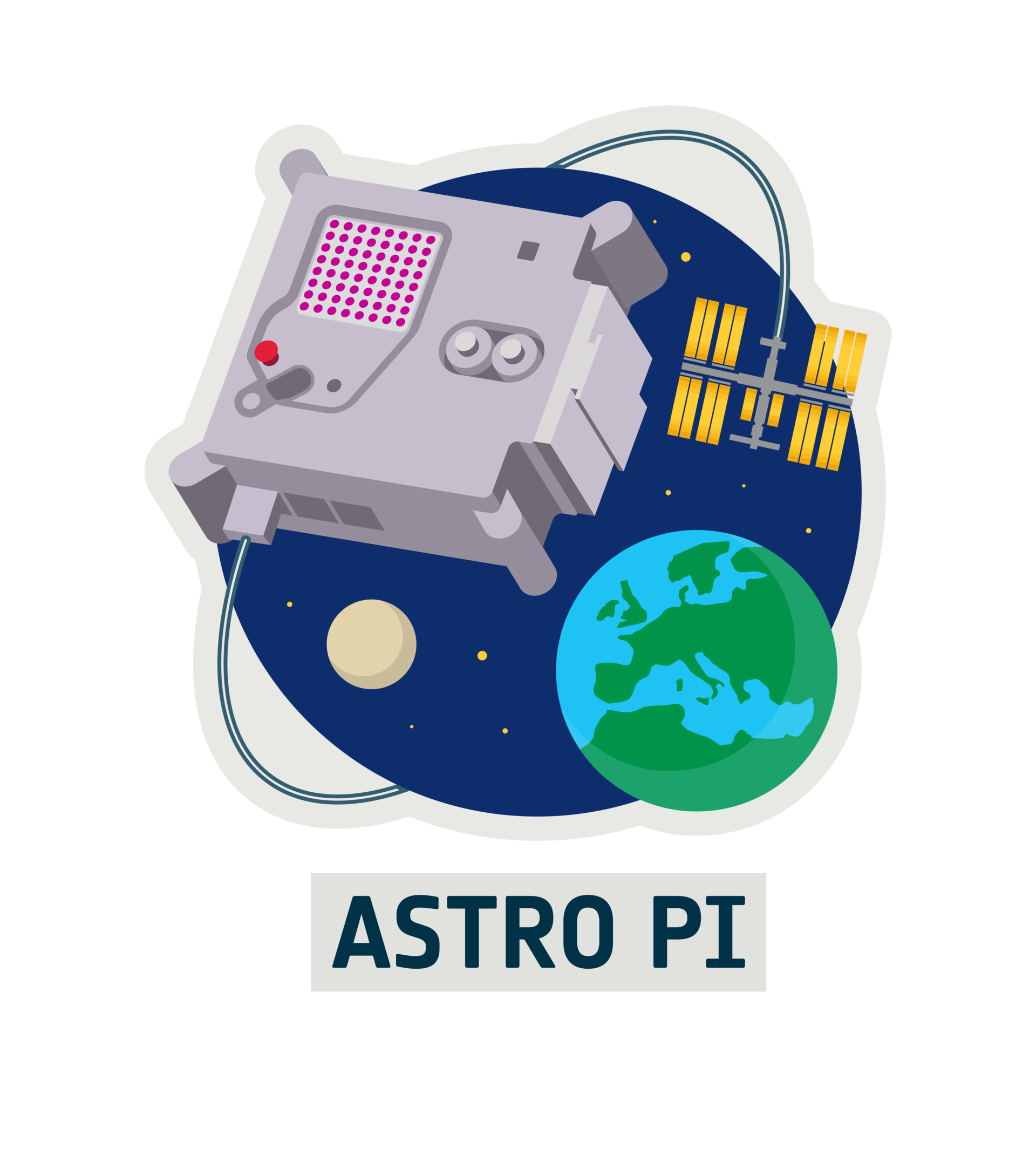Join the 2021-22 European Astro Pi Challenge featuring brand new hardware
Have you ever dreamed of running a scientific experiment in space? Now you can make that dream a reality! Sign up now to run your computer programs on the ISS with the 2021-22 European Astro Pi Challenge 2021-22.


Access the video
The European Astro Pi Challenge is back and better than ever, with new, upgraded Astro Pis that will allow young people to run a wider range of experiments on the International Space Station (ISS)!
Run by ESA in collaboration with the Raspberry Pi Foundation, Astro Pi gives young people the opportunity to write their own computer programs and run them on two Raspberry Pi computers on board the ISS
Take part!

The European Astro Pi Challenge 2021-22 is made up of two complexity levels: Mission Zero and Mission Space Lab.
In Mission Zero, young people write a simple python program that takes a sensor reading and displays a message on the LED screen. This year, participation in Mission Zero also gives you the opportunity to vote for the names of the two new computers. Taking part takes around an hour and Mission Zero is open to anyone aged 7-19 years old. Every eligible entry is guaranteed to run on board the ISS and participants get an official certificate with the exact time and location of the ISS at the time their program ran.
Mission Zero opens today and runs until 18 March 2022.

Mission Space Lab is for teams of young people who want to run their own scientific experiment on the Astro Pi units aboard the ISS. It runs over eight months in four phases, from idea registration to data analysis. The challenge is to design and write a program for a scientific experiment that enhances our understanding of either Life on Earth or Life in Space. The best experiments will be deployed to the ISS, and teams will have the opportunity to analyse and report on their results. Find out more on experiment possibilities in this video.
To start, Mission Space Lab team mentors can submit their team's experiment idea by 29 October 2021.
What's new with Astro Pi?
The first Astro Pi units were launched to the ISS in 2015 as a part of ESA Astronaut Tim Peake’s Principia mission. Since then, 54,000 young people from 26 countries have written code that has run on these specially augmented Raspberry Pi computers. Now, it’s time for an upgrade…
The new Astro Pi units include:
- Raspberry Pi 4 Model B with 8GB RAM
- Raspberry Pi High Quality Camera
- Coral Machine Learning Accelerator
- Colour and luminosity sensor
- Passive Infrared sensor
And they will continue to have a gyroscope, accelerometer, magnetometer, as well as humidity, temperature & pressure sensors, and an LED matrix.
The new hardware makes it possible for teams to design new types of experiments. With the Raspberry Pi High Quality Camera, teams can take sharper, more detailed images, and, for the first time, be able to get full colour images of Earth from space. This will also enable teams to investigate plant health with a higher quality optical filter used in conjunction with the IR-sensitive camera. Using the Machine Learning Accelerator, teams will also be able to develop Machine Learning models enabling high-speed, real-time processing.
Getting into space
The Astro Pi units, in their space-ready cases of machined aluminium, will travel to the ISS in December on a rocket. Once the resupply vehicle docks with the ISS, they’ll be unpacked and wait to be set up ready for use in 2022.
Preparing the new units for launch has been a significant effort with various collaborators. From case design and manufacturing to rigorous flight safety verification, including vibration, thermal, and electromagnetic compatibility and susceptibility tests, the Astro Pi’s are finally ready for flight. Here is a taster of what that process was like!
Get involved!
Learn more, access project resources and join the European Astro Pi Challenge 2021-22 on the Astro Pi website.
Registrations open: 13 September 2021
Deadline for Mission Space Lab entry submissions: 29 October 2021
Deadline for Mission Zero entry submissions: 18 March 2022
If you want to know more about the ESA education activities register here to join us in the live Teach with Space 2021-2022 Information Session, 22 September at 17:00 CEST. We will walk-through each of the annual ESA school projects, providing you with everything you need to know - how to apply, how to get started, and more. In this session we will also announce the new ESA Teach with Space online trainings opportunities for primary and secondary teachers and educators, which will open for registrations soon. These trainings will cover a range of online tools and classroom resources, facilitated by live interactions and complementary Q&A segments.


